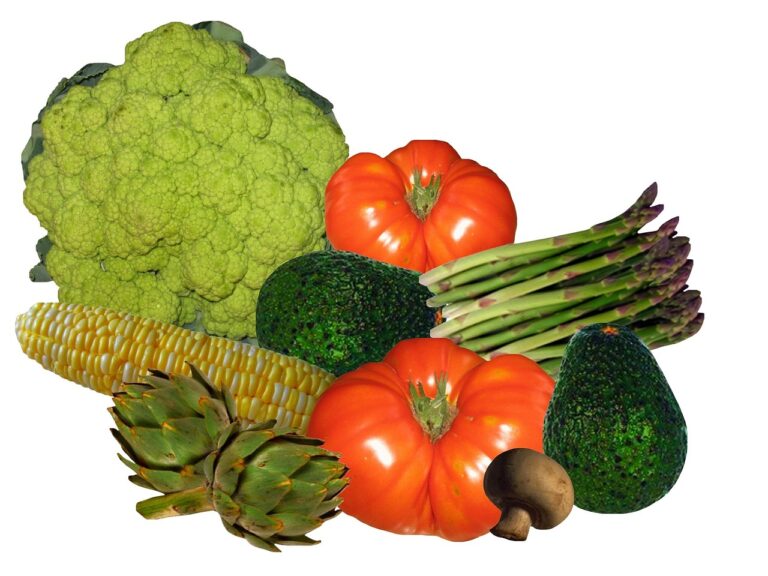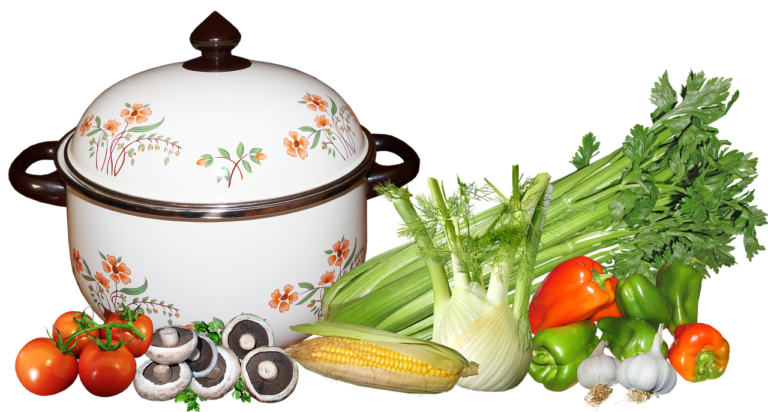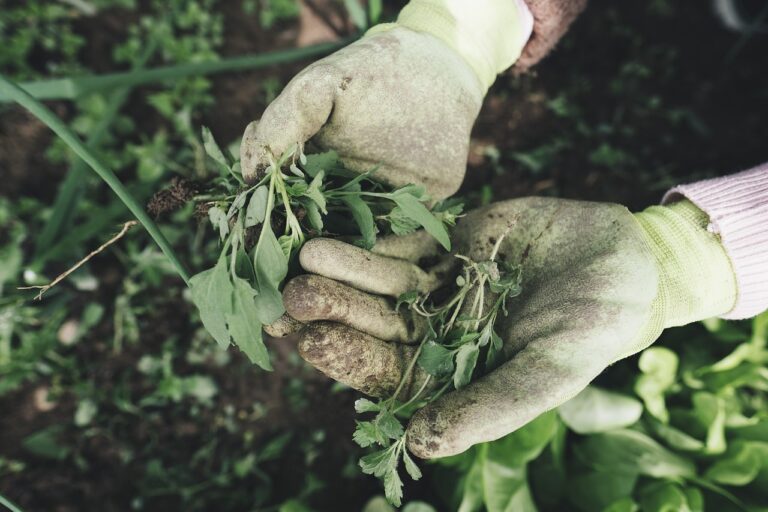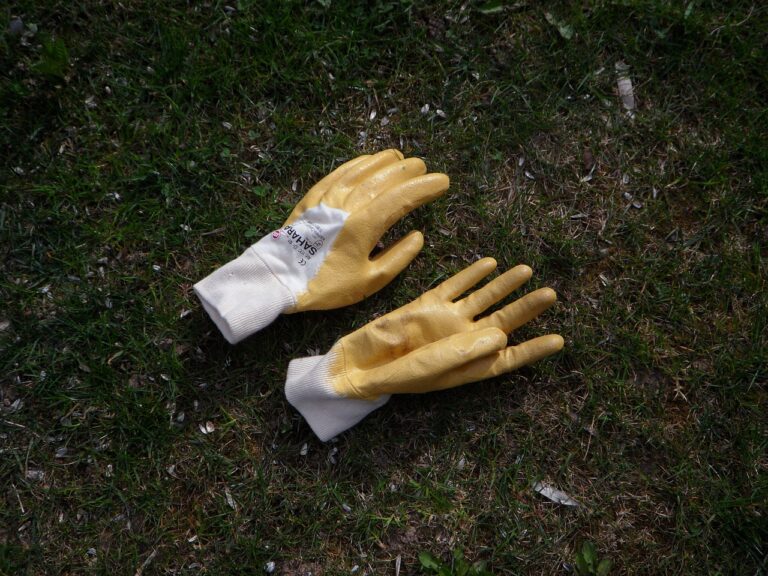Gardening Hacks: Improve Your Garden with These Smart Techniques
Gardening can be a rewarding hobby, but it can also be challenging. With the right gardening hacks, you can make your plants thrive and your garden look its best. Here are a few of our favorites:
Watering Wisely
- Water deeply, less often. This encourages roots to grow deep and strong.
- Use mulch to retain moisture. A layer of mulch around your plants helps soil hold water and reduces evaporation.
- Water at the base of the plant. Avoid getting water on the leaves, as this can promote disease.
Fertilizing Effectively
- Use compost and manure. Natural fertilizers provide essential nutrients for your plants.
- Fertilize regularly. Most plants need to be fertilized every few weeks during the growing season.
- Follow the instructions on the fertilizer label. Too much fertilizer can be harmful to plants.
Pest Control
- Use companion planting. Certain plants can repel pests from your garden. For example, planting marigolds near tomatoes helps keep away aphids.
- Encourage beneficial insects. Ladybugs, lacewings, and other insects can help control pests naturally.
- Use insecticidal soap or neem oil. These natural alternatives to chemical pesticides can effectively control pests.
Plant Protection
- Use row covers. These lightweight covers protect plants from insects, birds, and harsh weather.
- Stake or cage taller plants. This provides support and prevents them from falling over.
- Prune regularly. Removing dead or diseased leaves and branches helps keep plants healthy and looking their best.
Garden Design
- Plan your garden layout. Consider the size of your plants, their sun requirements, and how they will look together.
- Use focal points. A few eye-catching plants can draw attention to certain areas of your garden.
- Create interest with textures and colors. Variety in plant sizes, shapes, and colors adds depth and visual appeal.
Conclusion
By following these gardening hacks, you can create a thriving, beautiful garden that will bring you joy for years to come. Remember, gardening is a learning process. Don’t be afraid to experiment and find what works best for you and your plants.
























